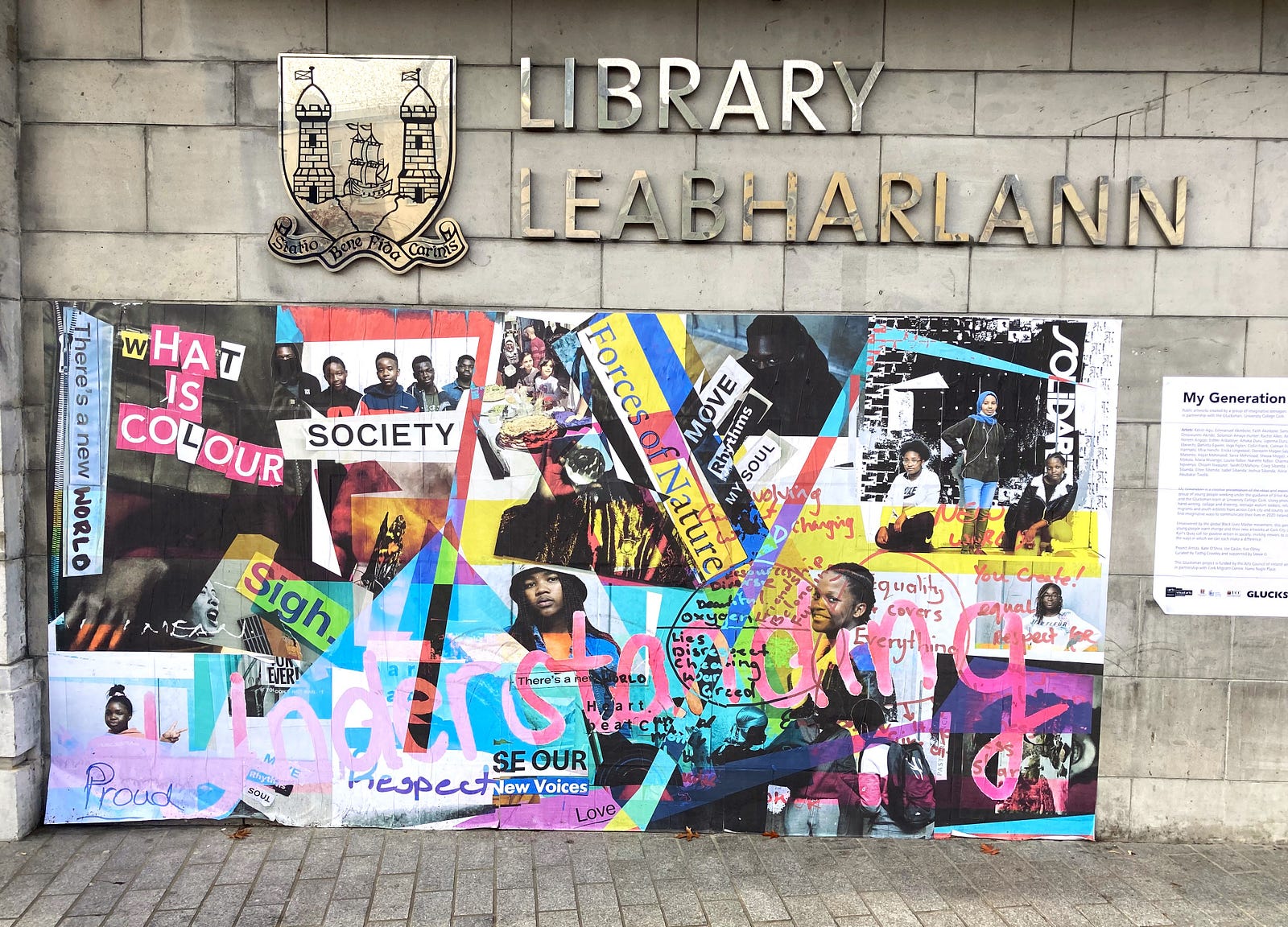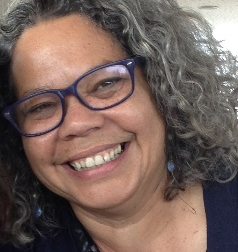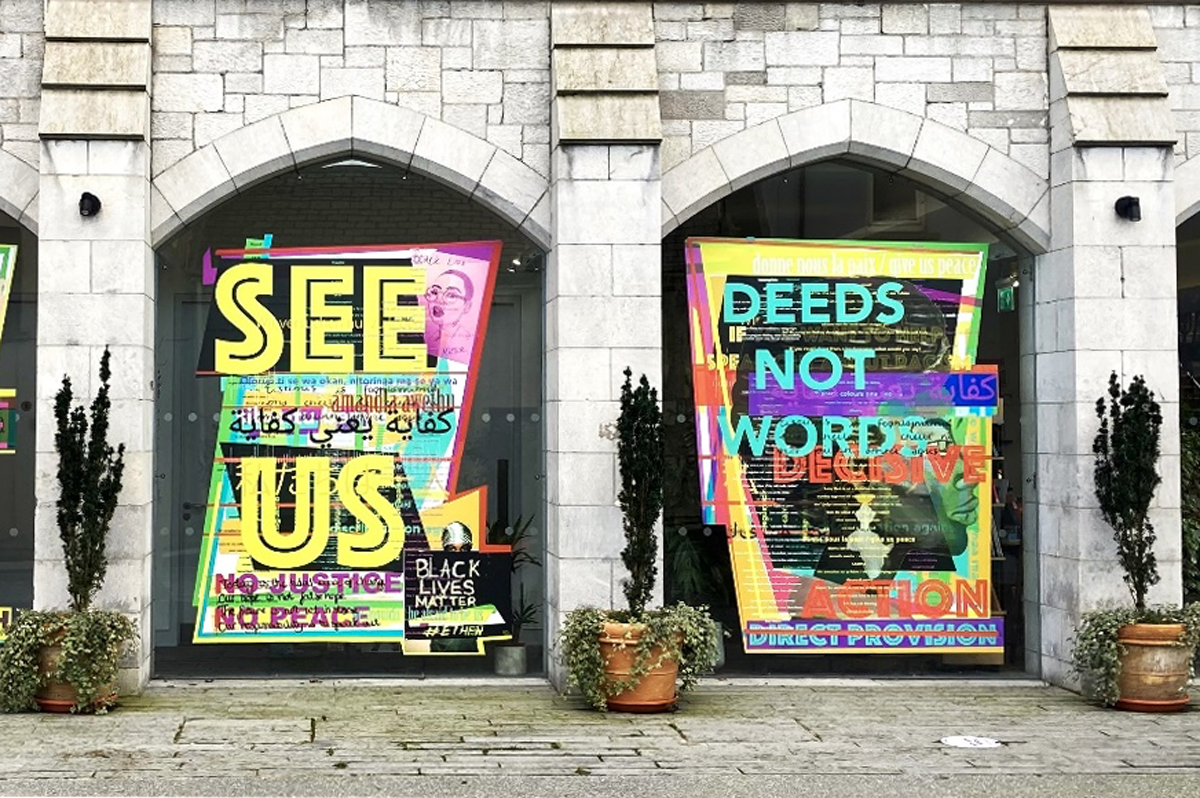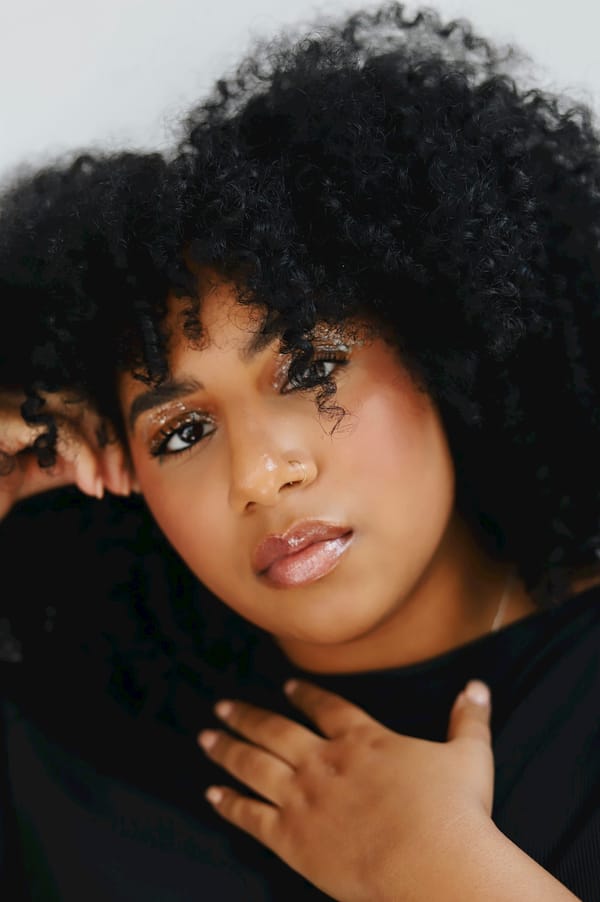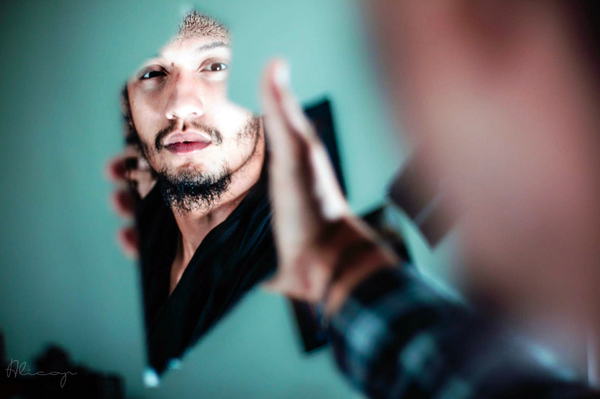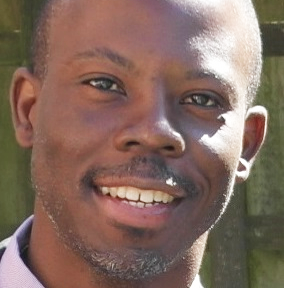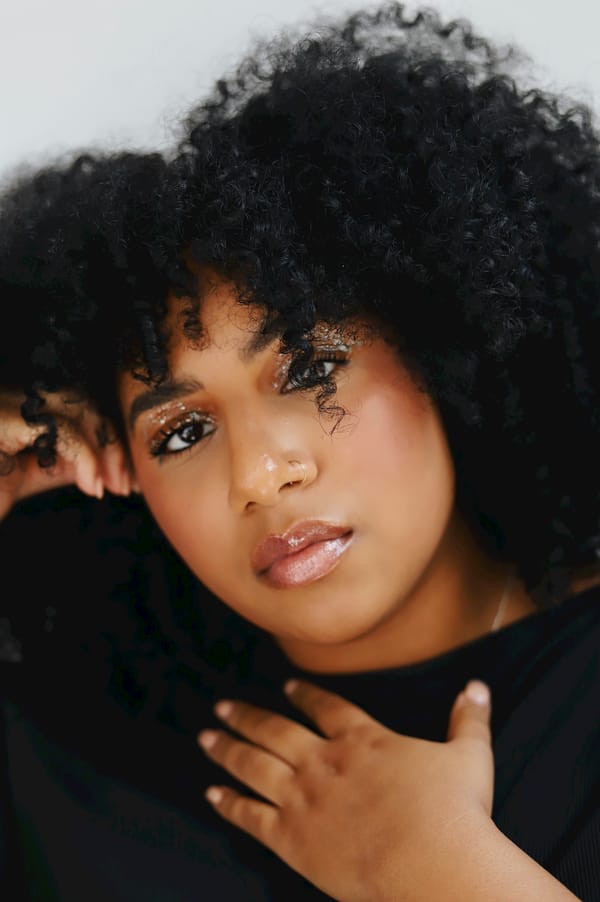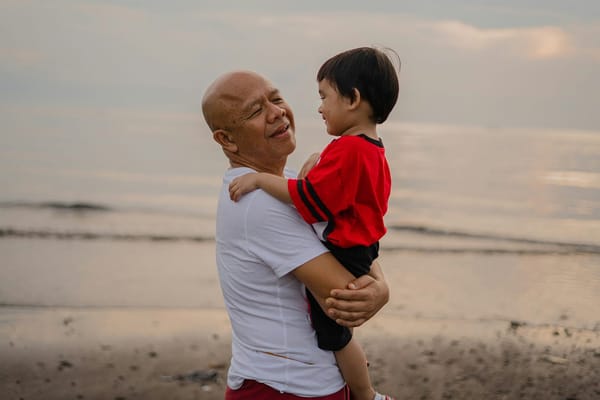At the end of 2022, I retired from teaching and a few months later left Ireland, where I’d lived for six years, and moved back to Germany, where I’d previously lived for over forty years. My mother was Irish and my father was from Nigeria, where I was born. In the late 1960s, my parents sent me to school in Cork, Ireland. Cork — the real capital of Ireland, by the way, according to the locals — is my mother’s birthplace.
As a retiree in Germany, I expected I’d settle down and concentrate on my writing, and my family and friends. But as it happened, I was asked by the Nano Nagle Place’s Cork Migrant Centre (CMC), the organisation I volunteered with when I lived in Cork, to work with them on a nine-month government-funded anti-racism project.
Currently, the Irish Government plans to support actions to help make Ireland a place in which the impacts of racism are fully acknowledged and actively addressed, and sets out actions and objectives to create a fair, equal, and inclusive society, free of racial discrimination.
Its National Action Plan Against Racism (NAPAR) was launched in 2023. It recognises the importance of meaningful efforts to address racism and its impacts in Ireland. Further, it has recognised that a whole-of-government approach is required to achieve this as racism is a cross-cutting issue that requires action by the Government, public bodies, private bodies, communities, and individuals.
This is a huge endeavour, I know, but in the face of increasing racism steered notably by far-right nationalistic and internationally organised populistic groups set on disruption, and exploiting a disgruntled faction of society, every action to counter their mission is crucial.
Since this is a government-funded project, I had to write a personal statement explaining why I was interested in the job. So, after some reflection on my understanding of racism and the chances of living in a society where skin colour isn’t a defining feature, I submitted the following reflections.

Following years of frustration with the insidious nature of systemic racism which, despite awareness building and anti-racism tools’ programmes, refuses to go away and unfortunately is on the rise globally, I wanted to find out how other countries were battling this scourge from a community bottom-up approach.
Fortunately, I had the opportunity to accompany Cork Migrant Centre’s mentors to the anti-racist summit in Cumbria, England in 2022. Listening to the personal stories of others, be it their experiences with racism or their battles to overcome their unconscious bias, verified the profundity of systemic racism and its multi-faceted ramifications. For me, another confirmation as to how deeply it is embedded in society, and the psychological and emotional steps needed to eradicate it.
Racism, as we know, is not only about acts of overt, conscious, and intentional hate by individuals who believe their race and skin colour are superior. It is much more. Racism is manifested in the form of subtle racial micro-aggressions and unconscious bias that People of Colour face every day and which have a profound impact on their lives.
If they are genuine and actively want to combat racism, white people must recognize and acknowledge their own biases and micro-aggressive behaviour towards Black and Brown people. Additionally, Brown people with lighter skin tones, including myself, must reflect on and acknowledge their privilege in relation to people with darker skin tones, and be aware of any advantage they may take from it. This is called colourism.
We cannot eradicate the mire of systemic racism until we all acknowledge its existence and become part of the solution. This requires self-evaluating our behaviour whether it be subtle or overt white supremacy and privilege, or the conscious or unconscious acceptance of the superiority of whiteness by People of Colour, the ingestion of which has ingrained the belief in one’s inferiority.
I left the Cumbrian Anti-Racist Summit with a keen sense of belonging and a mission to delve deeper into racism as a systemic culture, and enslavement as a multi-generational trauma affecting the lives of many Black and Brown People.
As activists, we have to educate people about racism through self-reflection, understanding, and empathy with the aim that they acknowledge their inherent unconscious bias and white fragility. With their newfound awareness, we must support them further, especially members, for example, from the teaching sector, on their anti-racism journey.
This would comprise training them in anti-racist practices to help them become socio-culturally competent and sensitive in their dealings with children, young people, and society in general. This way they can become genuine and sustainable “allies,” not only in their interaction with People of Colour but more so, by having the courage to call out racist thinking and actions in their white communities through dialogue and exemplary behaviour. Such actions should be inherently self-evident and continuous.
Children from a very early age are very sensitive to how their parents are treated, and how their parents treat other people. They may not understand but they are quick to note when people are disrespectful or dismissive of others. I recall a conversation I had with a Turkish student who was born in Germany to parents who had emigrated there. During the discussion, we talked about his experiences of racism and whether he felt at home in a society and culture that were different from those of his parents.
I feel strongly about the preciousness of children and young people who, in my opinion, if cherished and nurtured, are our only way forward in our struggle towards a racism-free society.
Although he had excelled in the German education system, was fluent in German, and had many German friends, he admitted he harboured certain resentments. For instance, he could never forget the way his mother was treated when he was young. Due to her limited German language skills and her wearing a scarf, he noticed the dismissive way shopkeepers treated her. As a child, he suffered the pain of his mother’s disrespect. He bitterly expressed that people don’t have to like everyone, but all human beings who have done no wrong deserve respectful treatment.
Yes, we are all human beings, and God’s creatures as some like to call us, and the majority of us are indeed good. Agreed. However, I find it strange and paradoxical that some Christians, Evangelicals, and several other God-fearing communities, who proclaim to be well-versed in the Bible, can ignore Jesus’ teachings on love and compassion, and his condemnation of the sin of hypocrisy, and instead be racist, intolerant, and follow far-right ideology. I can only wonder if they believe in the biblical concepts of Judgement Day, life after death, heaven, and the prospect of hell. A consideration.
I feel strongly about the preciousness of children and young people who, in my opinion, if cherished and nurtured, are our only way forward in our struggle towards a racism-free society.
As a child growing up in Nigeria in an income-secure family, I was always aware of how unjust the world was when it came to the plight of children. I could never understand why some children lived in poverty and some like myself, didn’t.
This experience has shaped my vision of the world and society and was the breeding ground for my strong sense of social justice. With a Nigerian father and an Irish mother, I stood out in Nigeria as not being Black, and later in an Irish society where I went to school in the late 1960’s early 1970’s, I was considered Black. This has made me aware of what it means to be ‘the other’ and treated accordingly.
I know what it feels like to have my hair touched because it was different, or to be called ‘Blacky’ by white Irish children. I abhor the thought of children suffering, having to hide their hurt, and wishing they had lighter skin. Experiences like these formed part of the discussions I had with the Cork Migrant Centre hip-hop youth group which I co-founded five years ago and mentored.
I have internalized UNICEF’s Convention on the 42 Rights of the Child, in particular the version presented from the children’s perspective. Considering the alarming situation worldwide, I am deeply touched by the profoundness behind the wording and meaning of Convention Right №6, Life Survival and Development: Every child has the right to be alive. Governments must make sure that children survive and develop in the best possible way.
And, concerning my work, I stress the importance of Convention Right №2, No Discrimination, in which no child should suffer discrimination, no matter who they are, where they live, what language they speak, what their religion is, what they think, what they look like, if they are a boy or girl, if they have a disability, if they are rich or poor, and no matter who their parents or families are or what their parents or families believe or do. No child should be treated unfairly for any reason.
I look forward to taking up my role as an anti-racism development worker and working with a team of like-minded and experienced people. My responsibilities will include co-planning, coordinating and, following last year’s successful summit, to deliver the 2024 Regional Youth-Led Anti-Racist Summit in Cork. Additionally, I will, with the support of the team, design and conduct anti-racism workshops for teachers as well as support regional service providers in implementing Anti-Racism Policies and Practices in line with the Irish government’s National Action Plan Against Racism (NAPAR).

I know that having to deal in depth with the topic of anti-racism will be a painful experience for me but it’s nothing compared to the pain and suffering many People of Colour face in their daily lives.
And I, too, will be making my own anti-racist journey as I am no saint. I remember, for instance, expressing my surprise at seeing Asian football players competing in the World Cup, citing their height. My daughter called me out on it. Responding defensively, my reaction was,
“Whoa me, I’m not a racist and I’d never have said that if there’d been an Asian person sitting here with us!”
A full-on fragility response. It’s so easy to trample.
So, over the next few months and beyond, I’ll be out there in the rain with all its thunder and lightning.
